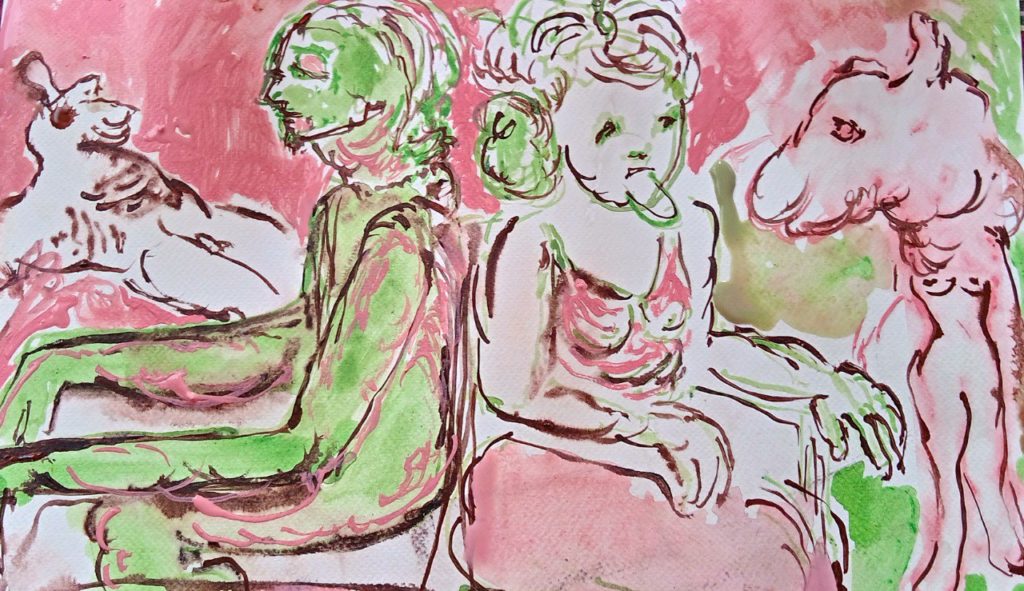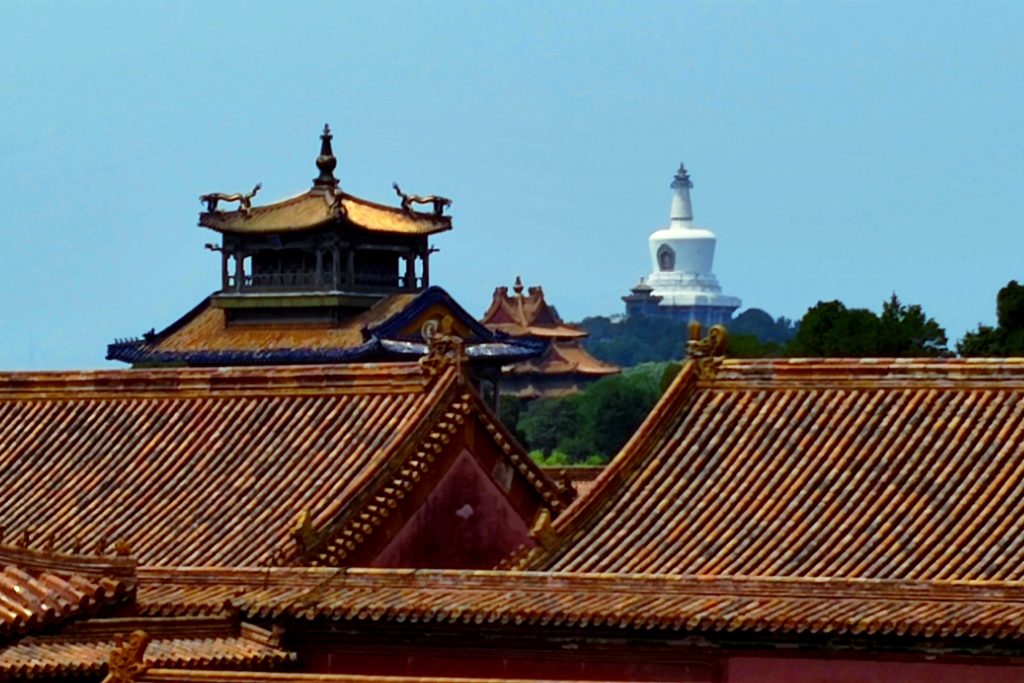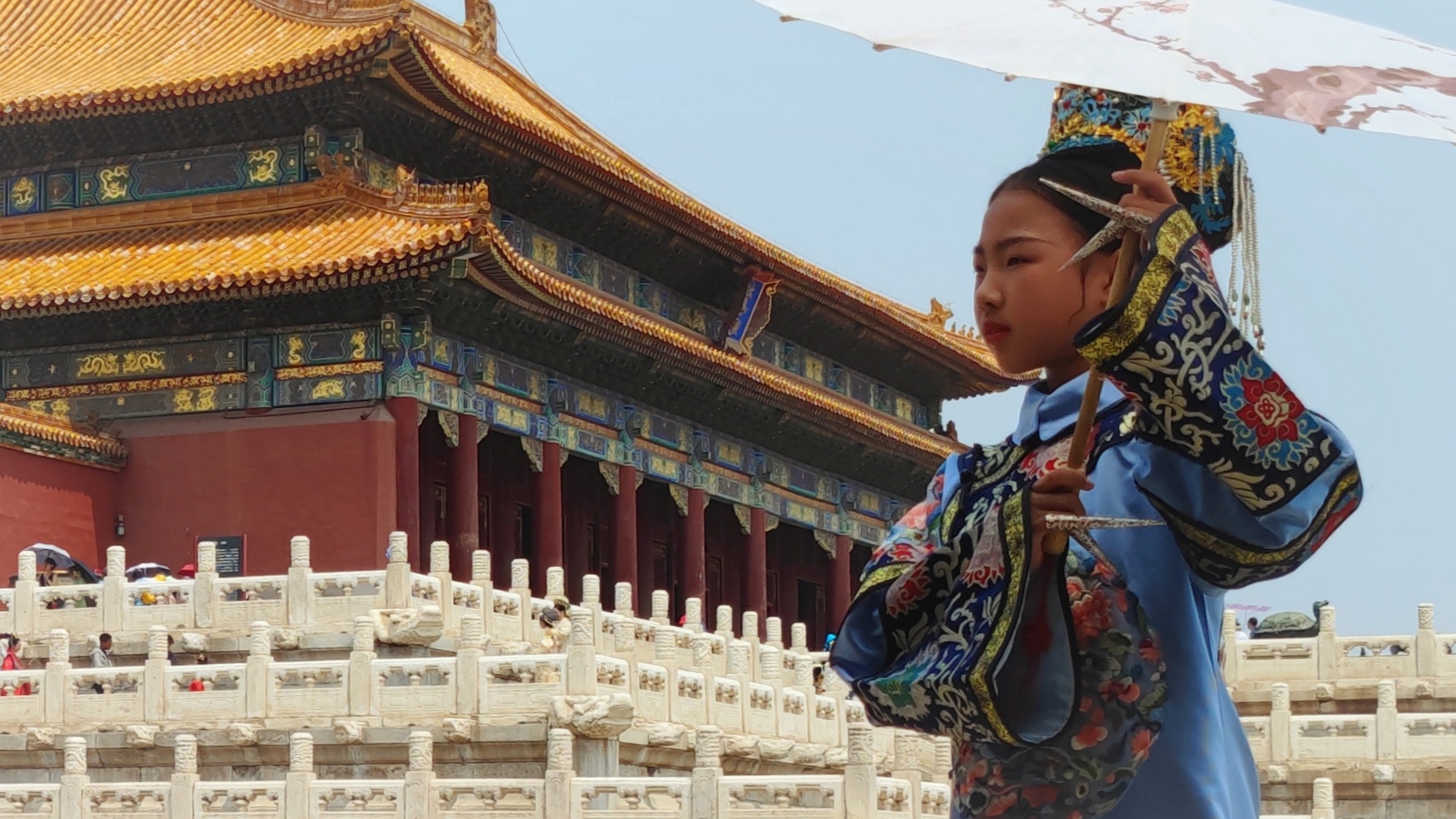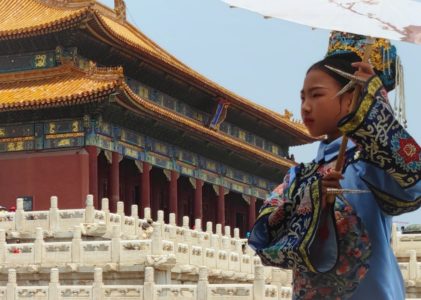— Deutsche Version darunter —
China & Transcultural Understanding
The student journal „die Kulturschock“ of the Institute of Ethnology casts its ethnological gaze upon China – an extremely heterogeneous country with a rich culture, philosophy and history.

While the field of Sinology primarily focuses on the linguistic and cultural aspects of China, the inclusion of ethnologists, philosophers, and historians can enrich the transcultural comprehension of China by drawing upon their unique methodological toolkit.
On the one hand, transdisciplinary work promotes a creative exchange of ideas, leveraging diverse perspectives and approaches. On the other hand, it is precisely the method of cultural relativism that unites us as a framework for progressive human sciences. By mutually examining and learning from one another, we can further advance our understanding of China.
We’ve been hearing the term for a long time. But what exactly is “(cultural) relativism”? What does that mean? How do I apply this and what is its purpose?
The method of cultural relativism looks at, interprets and evaluates cultural phenomena within their context, i.e. from the emic perspective. In doing so, it frees itself from ethnocentrism by avoiding objective, universal ideas and assumptions. The application of relativism involves creative action by scientists. Creative action involves not only the recombination of literature, but in particular the identification of a relevant research object, the exploration of new fields, the evaluation of research results, the reflection of the conditions of knowledge and the progressive transformation of science.
Beyond my inherent curiosity regarding the pervasive cultural disparities between China and Germany, I continually find myself astounded by the profound self-discovery that arises from this exploration, shedding light on my own perspectives and conceptions of German culture. The distinctive characteristic of cultural relativism lies in its ability to distance oneself from one‘s own cultural context, thereby questioning the underlying conditions of one’s own perspective and knowledge. The Chinese culture, with its diverse perspectives, spiking in the opposite direction towards Western culture, presents a research domain that extends between Chinese and Western scholars, like a washing line that pegs scientific content. By delicately balancing on and navigating the interconnected threads of meaning between these two cultures, relativity empowers us to critically reflect upon the very foundations of our own perspectives.
For its third edition, the editorial team of the ethnological journal „die Kulturschock“ warmly welcomes transdisciplinary guest authors and scholars to contribute to the theme of „China & Transcultural Understanding.“
You are interested in taking part as a guest author? Hand in your article to die.kulturschock@gmail.de and meet our requirements. You can find a checklist for our requirements here.

Marxism and Relativism
This article was written by Adrian Ortega Camara Lind. It refutes the contemporary academic critique of Marxism while introducing the meaning and history of Marxism as a theoretical paradigm. The article’s latter half applies the methodological insights of Marxism to critique the paradigm of theoretical relativism as an ideology. This article contributes to the 3rd edition of the student newspaper, because it addresses the topic and preface of the edition.
— Deutsche Version —
China & Transkulturelles Verstehen
Die studentische Zeitschrift die Kulturschock des Instituts für Ethnologie wirft ihren ethnologischen Blick auf China – ein äußerst heterogenes Land mit reicher Kultur, Philosophie und Geschichte.

Während die Disziplin der Sinologie sich der Aufgabe widmet, China in sprachlicher sowie kultureller Hinsicht unter die Lupe zu nehmen, können auch Ethnolog:innen, Philosoph:innen und Geschichtswissenschaftler:innen mithilfe ihres Methodenkoffers zum transkulturellen Verstehen Chinas beitragen.
Einerseits fördert das transdisziplinäre Arbeiten durch verschiedene Perspektiven sowie Ansätzen einen kreativen Austausch von Ideen. Andererseits vereint uns gerade die Methode des Kulturrelativismus als Fundament der progressiven Wissenschaft. Das Untersuchen und das voneinander Lernen gehen Hand in Hand ineinander über.
Wir hören den Begriff schon lange. Doch was ist „(Kultur)Relativismus“ eigentlich? Was bedeutet das? Wie wende ich das an und was ist das Ziel dessen?
Die Methode des Kulturrelativismus betrachtet, interpretiert und beurteilt kulturelle Phänomene innerhalb ihres Kontexts, also aus der emischen Perspektive. Dabei befreit sie sich von der Ethnozentrik, indem objektive, universelle Vorstellungen und Vorannahmen vermieden werden. Die Anwendung des Relativismus beinhaltet kreatives Handeln der Wissenschaftler:innen. Das kreative Handeln involviert nicht nur die Rekombination von Literatur, sondern insbesondere die Identifikation eines relevanten Forschungsobjekts, die Exploration von neuen Feldern, eine Evaluation der Forschungsergebnisse, die Reflexion der Bedingungen des Wissens und die progressive Transformation der Wissenschaft.
Neben meiner Neugierde für die kulturelle Diskrepanz zwischen China und Deutschland, die sich in allen facettenreichen Kategorien des Lebens hindurchzieht, bin ich jedes Mal davon verblüfft, wie viel ich eigentlich über mich selbst, meine Perspektive und meine Vorstellungen der deutschen Kultur lerne. Die Einzigartigkeit des Kulturrelativismus besteht darin, Distanz vom eigenen kulturellen Kontext zu gewinnen und die Bedingungen der eigenen Perspektive sowie des Wissens zu hinterfragen. Die chinesische Kultur eröffnet durch ihre verschiedenen Blickrichtungen gegenüber dem Westen ein Forschungsfeld, das sich zwischen chinesischen und westlichen Wissenschaftler:innen aufspannt. Balancieren wir zwischen beiden Kulturen auf den Fäden des Bedeutungsgewebes, so können wir durch die Relativität den Ausgangspunkt unserer Perspektive reflektieren.
Für die dritte Ausgabe heißt die Kulturschock als Herausgeber der ethnologischen Zeitschrift alle transdisziplinären Gastautor:innen und Wissenschaftler:innen herzlich Willkommen zum Thema „China & Transkulturelles Verstehen“.
Sie haben Interesse an einer Teilnahme als Gastautor:in? Senden Sie Ihren Artikel an die.kulturschock@gmail.de und erfüllen Sie unsere Anforderungen. Eine Checkliste für unsere Anforderungen finden Sie hier.


